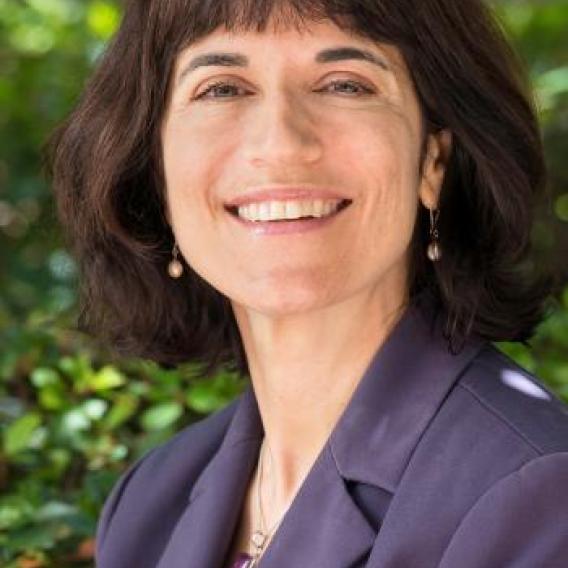Image

Debra L Safer
Associate Professor - University Medical Line, Psychiatry and Behavioral Sciences
Member, Bio-X
Member, Maternal & Child Health Research Institute (MCHRI)
Member, Wu Tsai Neurosciences Institute
Fellowship: Stanford University Medical Center (1999) CA
Residency: Stanford University Medical Center (1998) CA
Board Certification: American Board of Psychiatry and Neurology, Psychiatry (2000)
Internship: Stanford University Medical Center (1995) CA
Medical Education: UCSF Medical Center (1994) CA
Graduate Education, UC Berkeley, MS in Health Sciences from School of Public Health. Focus on Medicine & Literature (1992)
Affiliation:
Dr. Debra L. Safer specializes in treating eating and weight disorders. More recently, she has broadened her clinical focus by leveraging her understanding of human behavior to help address the mental health impacts of climate change. She obtained her MD from U.C. San Francisco and completed her residency as well as a post-doctoral fellowship in eating disorder intervention research within the Department of Psychiatry & Behavioral Sciences at Stanford University. In addition, she obtained a master’s degree from U.C. Berkeley’s School of Public Health focused on the intersection of fiction narratives & medicine. She has practiced psychiatry for more than 20 years. Dr. Safer is the Co-Director of the Stanford Adult Eating and Weight Disorders Program. Her research and clinical work in eating disorders and obesity focus on improving patient outcomes by developing and conducting clinical intervention trials to establish evidence-based treatments. She has co-authored multiple peer-reviewed articles, books, and book chapters, and presented her work both nationally and internationally. In addition to her research on clinical interventions and medication trials for patients with eating disorders, other research interests include designing interventions for post-bariatric surgery patients, the use of virtual reality in treating eating disorders, and evaluating the outcomes of evidence-based treatments for eating disorders in “real world” settings. More broadly, her research, writing, and community involvement focus on addressing both the physical and mental health impacts of climate change, with a particular emphasis on the use of serial drama methodologies, or prosocial entertainment-education programs, based on the theoretical models of self-efficacy and social modeling developed by the renowned (and recently deceased) Stanford social psychologist Albert Bandura.